Investors planning to acquire a retail property should consider the many advantages of a retail property hard money loan. These loans are offered by private, non-bank lenders, and are secured by shopping centers of many shapes, sizes and forms. Hard money bridge loans are usually asset-based, meaning the loan amount is tied to the property's value instead of the cashflow generated by the leases. These loans carry higher interest rates and costs, but unlike traditional financing, provide vital flexibility to purchase troubled properties with high vacancies or in need of major repairs. Additionally, a hard money second mortgage can free up cash for an owner to repair or renovate an existing property to optimize its value for potential buyers.
Types of Retail Shopping Center Properties
In this section, we'll discuss the eight different types of retail property categories, each with unique characteristics that determine how it should be funded.
Regional Malls
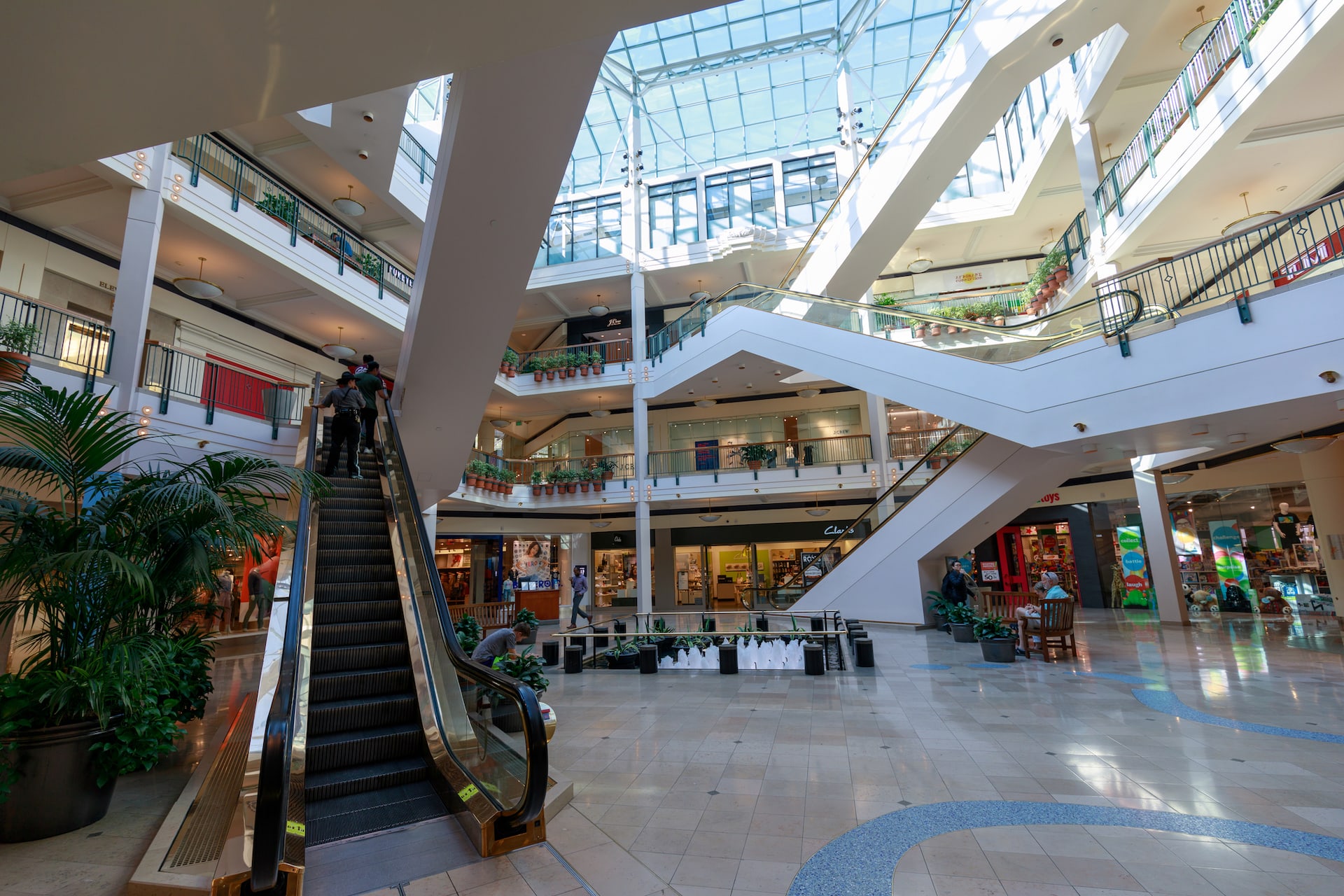
A regional shopping mall is a massive indoor property located in urban and suburban areas, which serves a large geographical area. These malls feature hundreds of stores, restaurants, entertainment venues – plus ample parking, making them a significant economic driver for the surrounding community.
Power Centers
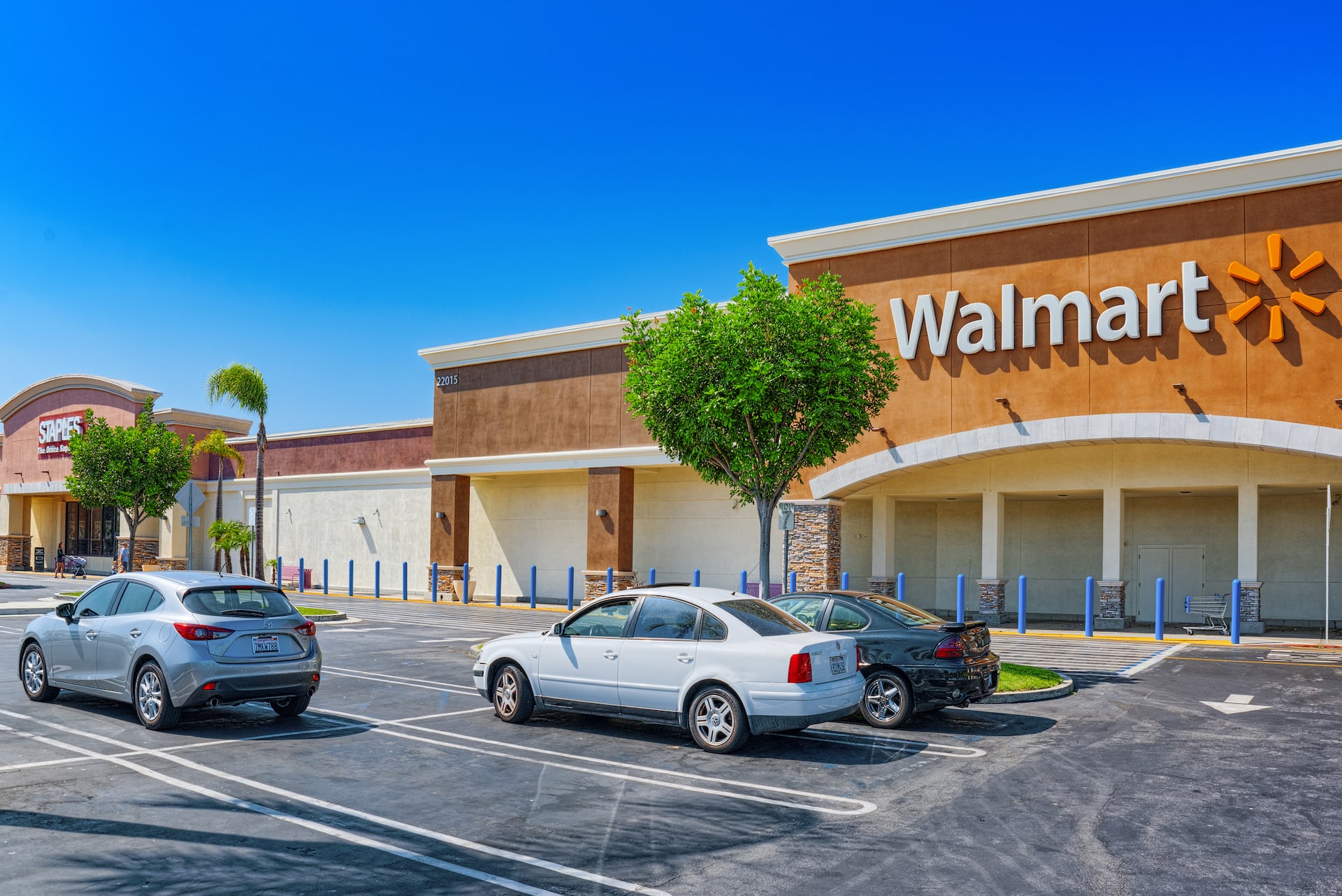
A power center mall is an outdoor retail complex anchored by big-box stores like Walmart, Lowe's and Staples. They're usually located in suburban areas, designed for convenience, and offer a variety of other stores and restaurants with a laid-back and casual atmosphere.
Free Standing Retail Sites
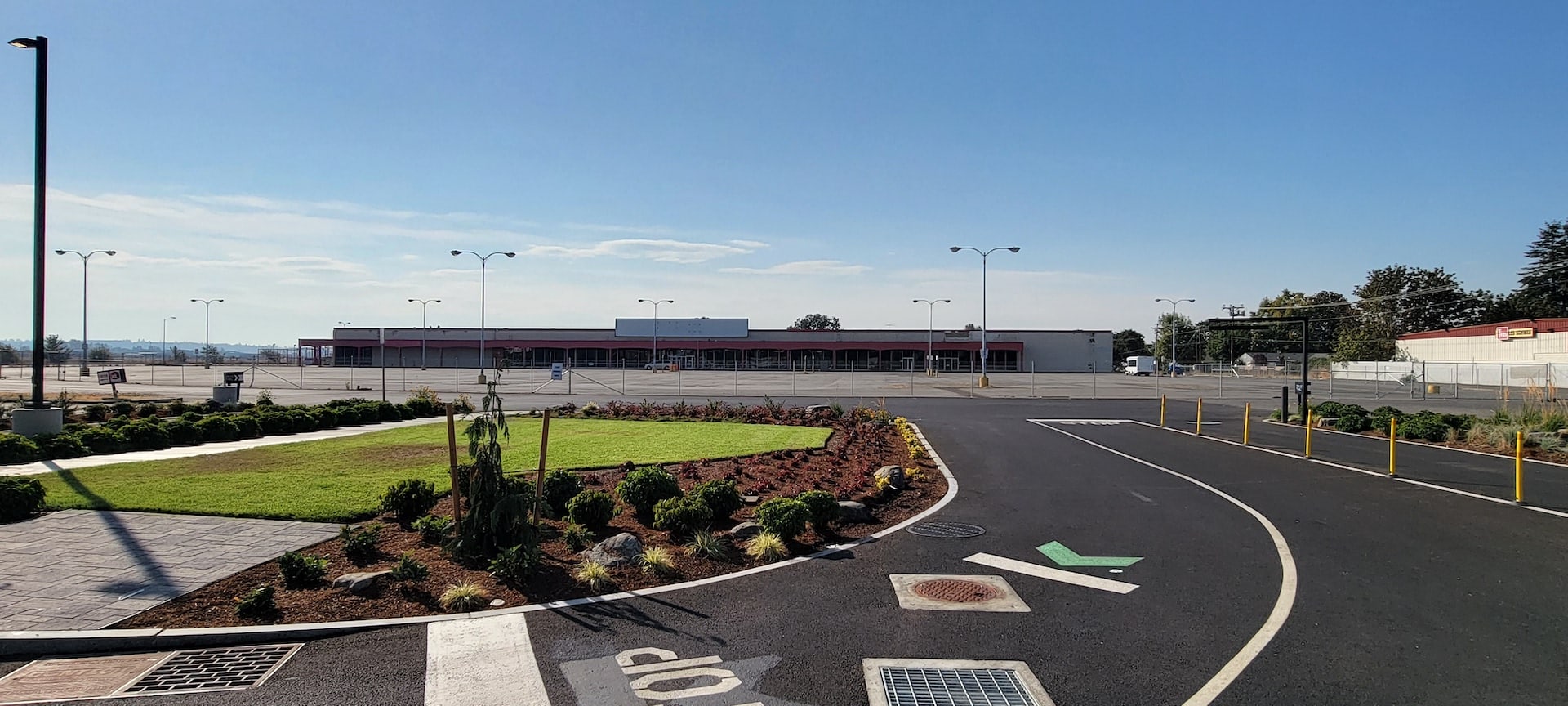
Free standing retail properties range from small stores to massive warehouse-style buildings. They often house a single tenant, such as Sportsman’s Warehouse – or formerly housed a single tenant, like Kmart. These properties are typically located in high-traffic areas and have large parking lots. Investors may acquire these properties for redevelopment opportunities.
Auto Dealership Properties
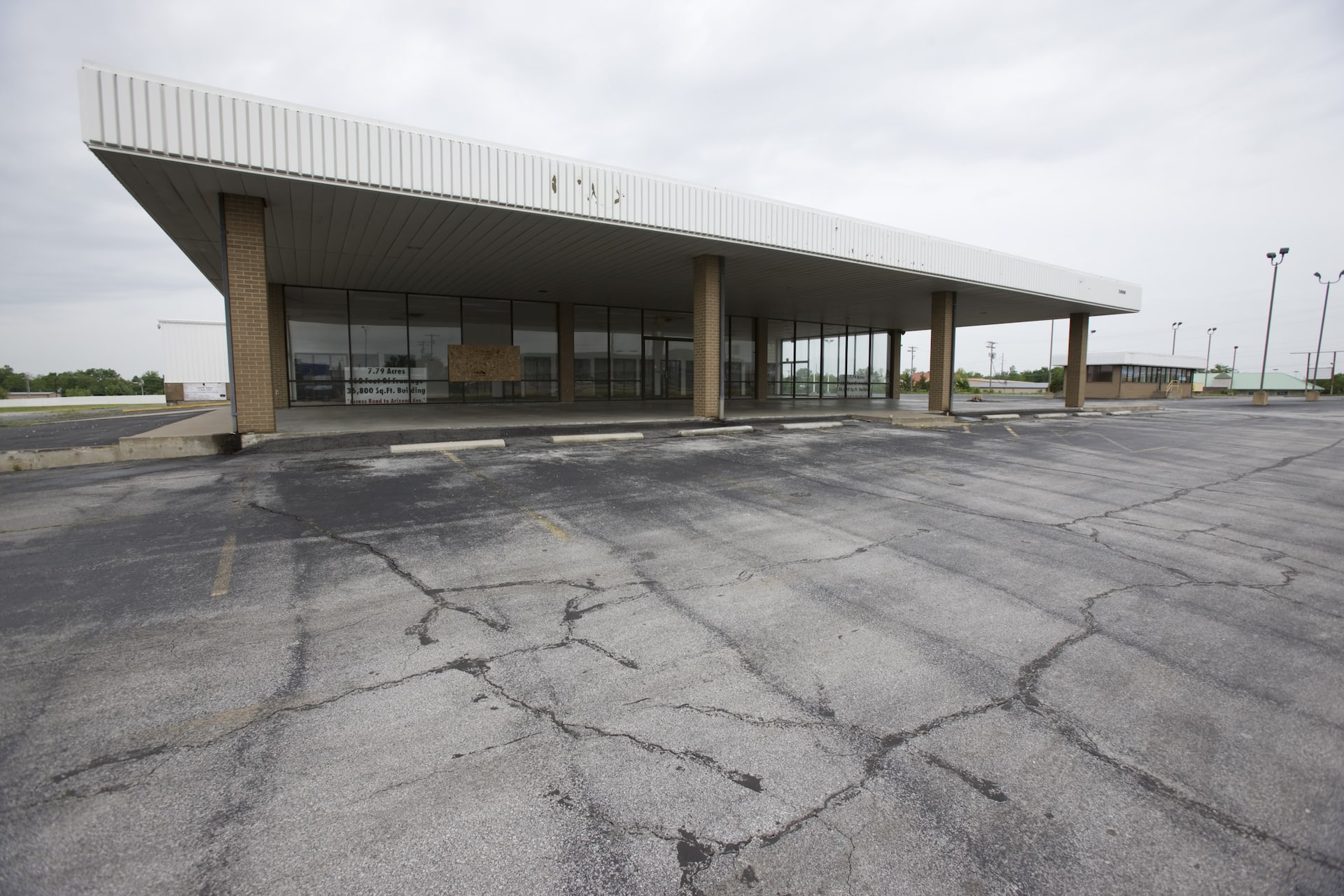
Investors can purchase auto dealership properties, which they can redevelop, or continue leasing to an auto dealer occupant. These properties comprise several acres of prime retail space that can be valuable when optimized for the highest yielding use. FCTD has trust deed investors (lenders) who have owned car dealerships, and some who still own the property of their former dealerships, and lease it to the current franchise dealer.
Factory Outlets
Factory outlet malls can be an attractive real estate investment due to their potential for high rental income and long-term lease agreements with well-known retailers.
Strip Malls

Strip malls are outdoor shopping centers that typically feature a row of stores facing a parking lot. These malls usually serve the surrounding community and offer a mix of shops and services such as grocery stores, restaurants, salons and specialty shops.
Neighborhood Commercial Retail
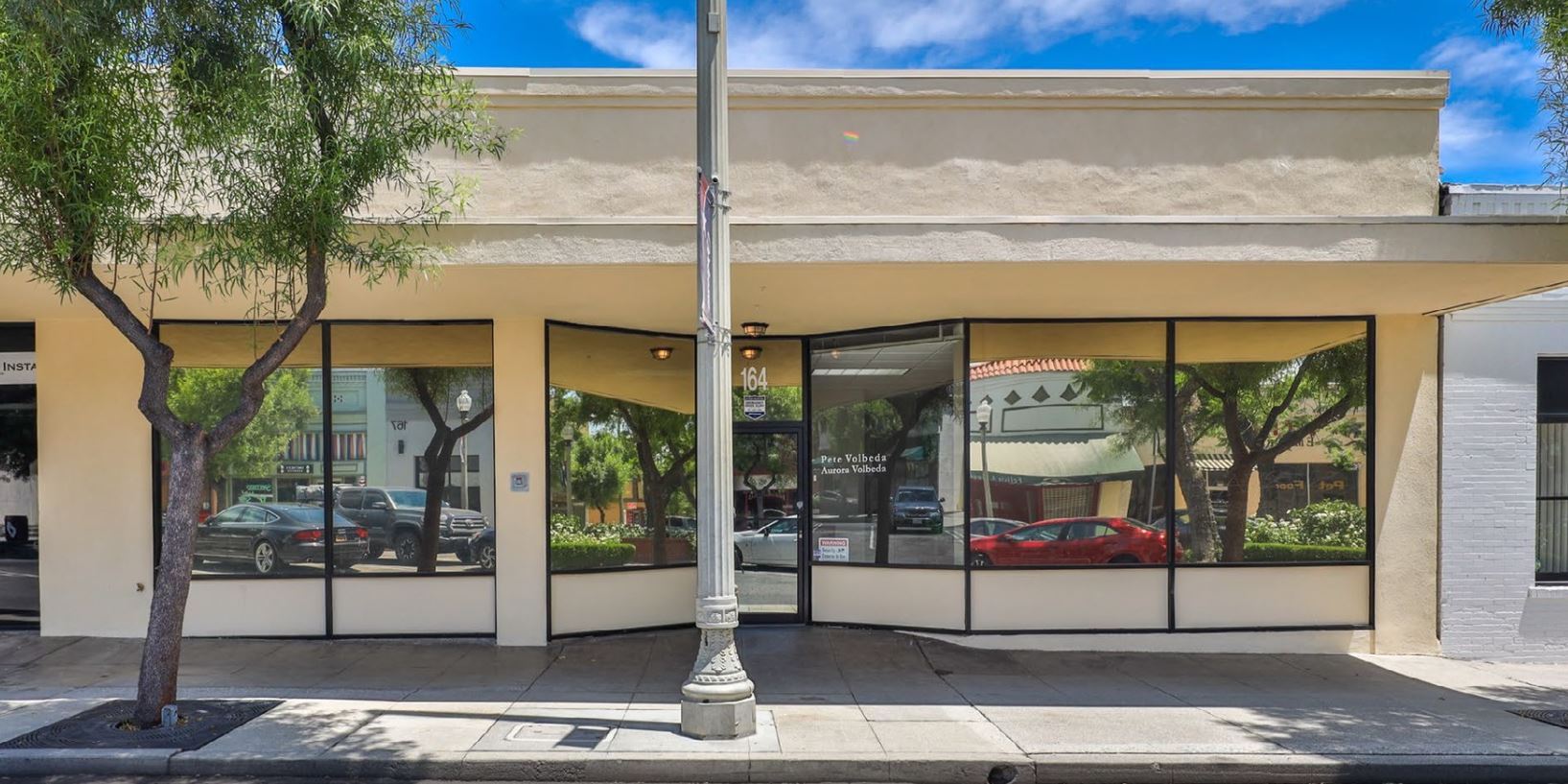
Neighborhood commercial retail is a type of real estate asset class that includes small-scale retail properties typically located in residential neighborhoods.
Mixed-Use Retail
Mixed-use retail usually has first-floor retail with residential or office space upstairs. FCTD has originated several hard money bridge loans for mixed-use properties.
How Investors Use Retail Property Hard Money Loans
FCTD has originated retail property hard money loans for many different uses over the years. Below are the ways investors use hard money bridge loans:
Purchase
Investors may need to use a hard money bridge loan to quickly acquire a property, purchase and begin working on the entitlements for redevelopment, or buy a high-vacancy property unqualified for long-term institutional financing. In the case of smaller retail property loans of $1 million or less, some buyers may not qualify for bank or institutional financing. They can use a 24-month bridge loan to purchase and improve their financial standing to qualify for a bank loan on the building.
Refinance
FCTD sees many refinance transactions where the owner wants to pull money out to renovate prior to selling. The hard money loan can be either in first or second position. Another situation we see is when an existing bank lender calls a loan due because one of the tenants is in the cannabis business. These bank loans need to be paid off quickly with private money bridge loans.
Construction
For some hard money loans, FCTD provides investors with a construction component, allowing the owner to make renovations. When this is done, hard money lenders hold back a portion of the total loan amount, releasing periodic draws as work is completed.
Cross-Collateral Financing
In hard money lending, it’s common to see a cross-collateral blanket loan with one loan secured by multiple properties. FCTD has facilitated shopping mall acquisitions where investors use several of their existing properties as additional security for the new loan. In one case, FCTD used an investor client’s 10 extra residential and commercial investment properties to help them acquire an abandoned free-standing retail building slated for redevelopment.
Hard Money Loan Underwriting Factors
Hard money lenders will perform a fair amount of due diligence prior to funding a loan. This surprises people who think protective equity is the sole determining factor for asset-based hard money loan approval. That is a big part of it. However, if something goes wrong and the lender has to foreclose, they’ll want to have all available information to minimize potential surprises and financial losses down the road. Most hard money lenders aren’t in the business of managing real estate and want to minimize risks upfront with thorough due diligence.
Below are the details that hard money lenders will consider when underwriting the short-term bridge loan debt on a retail property:
Market Conditions
For a stabilized property, cash flow statements make it easy to understand its market performance. However, if the property is vacant or will be redeveloped, hard money lenders will analyze the market, first reaching out to top commercial real estate brokers in the market for their insight into the property, and any important background. If local brokers have a favorable opinion of the property, then a lender will order a valuation, either a Broker Price Opinion (BPO) or full commercial appraisal
Tenants and Leases
Even though hard money loans are considered asset-based, most hard money lenders will evaluate the tenants and leases. Lenders want to have a good idea of who the tenants are, the remaining years, and the terms of the lease – including any unique features.
Rental Income
Borrowers are often asked for the property’s rent roll along with financial statements – tax returns, profit & loss, and a balance sheet.
Equity Position/Protective Equity
Protective equity is the difference between the loan amount and value of the property. Most hard money loans on retail properties will have 35% protective equity, or a 65% Loan-To-Value (LTV).
Executive Summary/Business Plan
Detail your plan for the building and how you’ll use the debt financing to achieve your goals.
Budget
If you're renovating a retail building, what is the budget, who is your general contractor, and what is your timeline for completion?
Exit Strategy
Prior to making a retail or shopping mall loan, hard money lenders want to know how the short-term bridge loan will be paid off.
Property Sale
What is the timeline to sell the property and the anticipated sale price? The lender will consult with real estate brokers active in the market to verify information.
Refinance
If you’re taking out a hard money loan with institutional financing, do you have a Letter of Interest (LOI) from a commercial lender?
Construction Loan
If the hard money bridge loan is used during the pre-development phase, can you provide a LOI from the potential construction lender?
In addition to the items listed above, FCTD has a more detailed list of additional documentation that borrowers should prepare prior to taking out a hard money loan.
Terms and Pricing for Office Hard Money Loans
Hard money terms and pricing for office buildings are case-by-case due to the unique circumstances of each financing scenario. However, FCTD’s hard money loans generally have the following features:
- Lien Position: 1st, 2nd, or Cross-Collateral
- Loan Amounts: $250,000 to $50 million
- Term: 6-24 months
- Interest Rate: 9.00-13.00%
- Origination (Points): 2-5%
- LTV/CLTV: 60-65%
- Recourse and Non-Recourse
Conclusion
If you’re seeking a retail property hard money loan, FCTD is an experienced source to find the right financing for your needs. As mortgage brokers, we’ve originated several million dollars of short-term bridge loans against retail properties for our real estate investor clients. When moving fast or leveraging existing property is important to your acquisition, our hard money lenders can put you in a position to succeed. FCTD’s network of lenders and trust deed investors have a wealth of experience helping borrowers purchase, refinance and/or revitalize malls, dealerships, mixed use spaces and more.
FCTD is available today to help you find funding to achieve your retail property goals.

